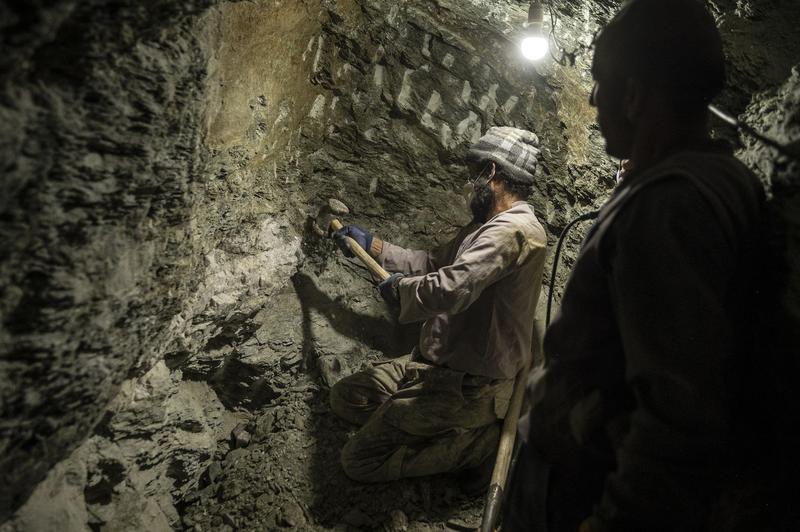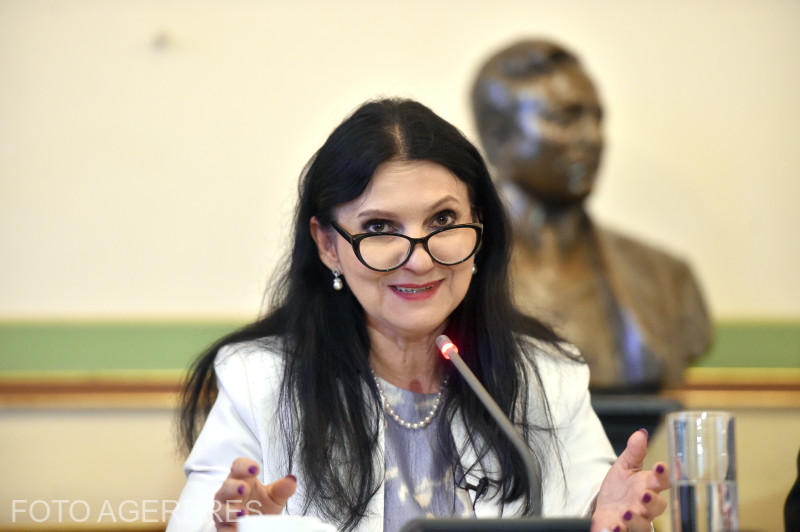In this entire political struggle to designate a new Prime Minister and form a government, one thing is sure: irrespective of the government's color, its governing program comes from the IMF, one newspaper reads on Thursday. Elsewhere in the news, most newspapers read about the political declarations among parties: President Basescu refused a technocratic government proposed by Social Democrats and Liberals and suggests a national union government and possibly an independent PM, who speaks the language of the IMF. Yesterday, television channels were advancing the name of Lucian Croitoru as PM, who recently lost the deputy governor position in the Central Bank in favor of Liberal Bogdan Olteanu.
In all this political turmoil, one thing's for sure: the governing program remains dictated by the IMF, irrespective of the political color of the Prime Minister, Gandul reads. Economists say that there is only way to exit the crisis and that's the IMF agreement. The only thing the new government has to do is to abide its conditions as soon as possible.
Economists claim that to reach IMF targets, the Executive will have to stick to the beaten, announced paths. The new executive needs to recover the lost time because of the current political situation and respect the deadlines in the agreement, Chief Economist at BCR Lucian Anghel said.
Moreover, the new executive will have to adopt unpopular laws like the pensions law, which foresees a gradual increase of retirement age and its correlation with contributions. Those affected, primarily by this law are Parliamentarians themselves who risk to lose their luxury pensions.
The recent unique salary law, recently assumed by the Boc government poses some problems: opposition leaders declared that they do not agree with the law and that it should be modified. According to the IMF schedule, this law needs to pass by October 30.
If in 2009 the number of unemployed increased by 200,000, due to private sector layoffs, 2010 will not be brighter. Interim Finance minister Gheorghe Pogea declared that next year 10% of those working in the public sector will be laid off, which translates to about 140,000 people.
The executive will have to adopt a serious of measures to cut to the maximum the losses incurred by the state from the state owned companies.
Cotidianul reads about Iohannis, Sibiu's mayor and the accusations brought against him by Democrat Liberals. Adriean Videau declared that Iohannis leans towards the Liberal Party. The newspaper reads that even though relations between the President and Iohannis were thriving in 2007, things changed after Iohannis decided to award both the President and the Prime Minister with the "citizens of honor" title.
At that time, President Basescu was quarrelling with PM Tariceanu and, the newspaper claims, Iohannis refused to award them separately. Since then, President Basescu's relations with Sibiu and Iohannis cooled.
Gandul reads about the man in the shadow of Romania's Central Bank Governor, Mugur Isarescu, Lucian Croitoru. Yesterday television channels were advancing his name as Prime Minister. Croitoru's main asset is that in 2003, he was named main counselor at the International Monetary Fund and four years later he returns at the Central Bank as counselor of the governor.
Even though he was sustained by Democrat Liberals, Croitoru lost the deputy governor position in favor of Liberal Bogdan Olteanu. The decision was not received well by the economic environment, and there were voiced claiming that the Central Bank was politicized.


















